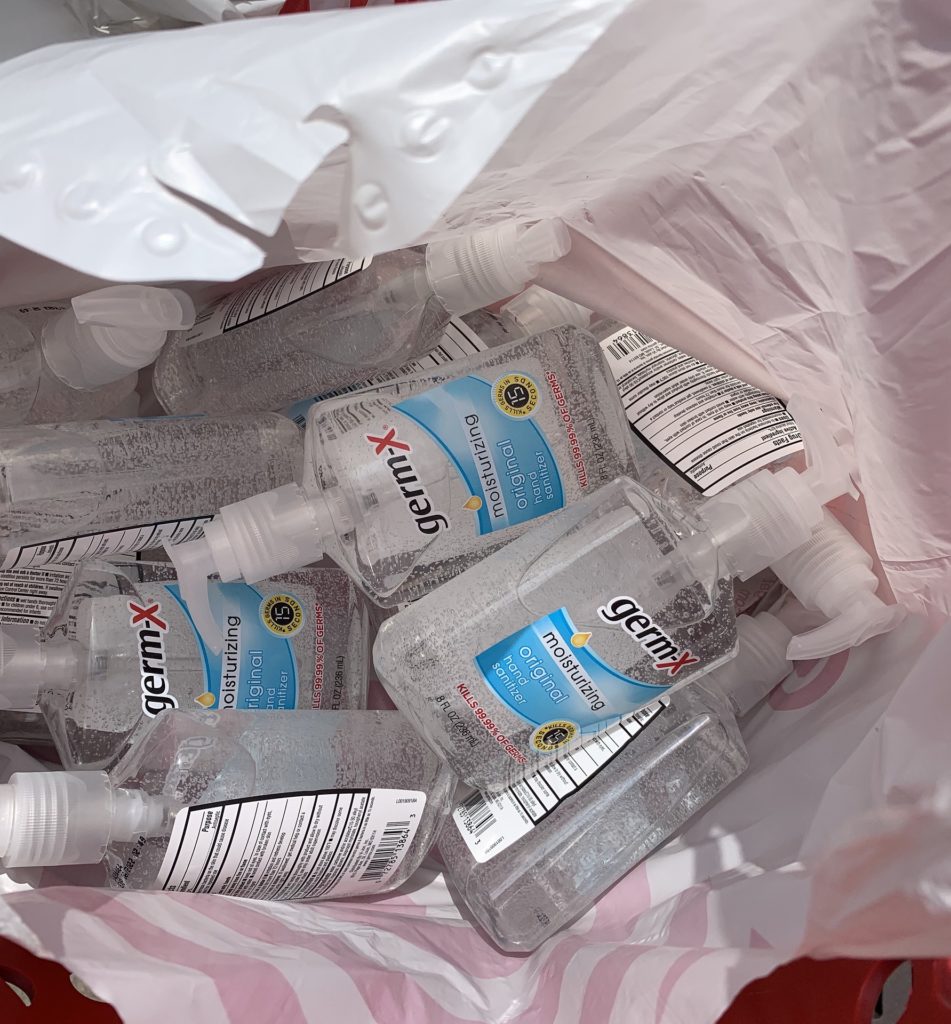Are There Health Risks Linked to Alcohol-Based Hand Sanitizers?

Alcohol-based hand sanitizers (ABHS) made up the majority of the hand sanitizing products used during the recent coronavirus pandemic. As a measure adopted to slow the spread of the coronavirus, many organizations placed alcohol-based hand sanitizers at the entryways of their facilities. Unfortunately, many did this because they were not aware of some of the health risks associated with their use.
Each year, poison control centres in the USA track the ingestion, inhalation, and dermal and ocular exposure to ABHS. In a study conducted between 2011 to 2014, the Centres for Disease Control and Prevention (CDC) in the USA found about 16,000 children per year under age 5 had reported an ABHS exposure to a poison centre. Nearly all these youngsters had ingested it. The most common adverse reaction to ingesting an ABHS is eye irritation and vomiting. Most of the ingestion was unintentional. Although not recommended, ingesting small amounts of HOCl does not cause adverse effects.
Research indicates HOCl kills germs on the hands quicker than isopropyl alcohol-based hand sanitizers, and it does not cause any skin problems. Research has also validated HOCl as a non-toxic, non-irritating, and eco-friendly disinfectant. To avoid the health risks associated with an ABHS, choose HOCl as a hand sanitizer. Ideas for this blog were sourced from here. To learn more about using HOCl as a hand sanitizer, read here and here.
